Unless you’ve been living under a rock (and, if so, I envy you), you probably know that stocks have been plummeting and read the news about recession fears. In a recent CNBC survey of corporate CFO’s, 75% of CFO’s who responded to the survey thought that the U.S. would enter into a recession either in 2025 or 2026. Note that when the same CFO’s were surveyed in Q4 2024, only 7% thought a recession would happen in 2025.
The only things that I’m more passionate about than travel and my dog are personal finance and investing, and while I won’t dive into whether I think recession will or won’t happen in the next year or two, I wanted to write about my predictions for the travel industry if the U.S. did enter into a recession in the next year or two.
With that, here are my predictions:
Airlines will make it easier to earn elite status
Over the last few years, we’ve seen most airlines make it harder and harder to obtain elite status, making elite status almost entirely about how much you spend on the airline rather than how often you fly it.
While I think the days of earning elite status purely based on miles flown is almost entirely gone (but thank you for trying to hold down the fort, Alaska!), I do think that in a recession, we’ll see an overall decrease in travel spend with airlines doing whatever they can to keep customers loyal.
With that, airlines will reduce their elite status requirements so that customers can earn status despite spending less on airfare. This reduction in elite status requirements could come in a few forms:
- Reducing the amount of spend needed to earn status.
- Giving significant bonuses to travelers with elite status to help them maintain their elite status.
- Offering more promotions and perks to earn or maintain elite status.
- Allowing for generous status matches (i.e., Alaska MVP Gold status holders being able to status match into United Gold for the rest of the year, with no minimum flight requirements).
Basically, the status of quo — like United requiring $420,000 in credit card spend to earn Premier 1K status — only really works in a booming economy (and barely then) and so I think we’ll see a big correction around elite status if a recession occurs.
Banks will reduce credit card annual fees, except for premium credit cards
We recently saw United “refresh” their cards, raising the annual fee on almost every credit card, which is has been a trend in the credit card space the last year or two.
That said, if we enter into a recession spend in general will go down and credit cards will be fighting to get whatever spend they can get on their card, which they’ll accomplish, in part, by reducing fees for many of their credit cards.
That said, my guess is that is banks will keep the fees on their premium cards the same, which could actually be good news as there are rumors swirling that Amex may increase the fee on the Amex Platinum card to $895 per year.
People will focus more on domestic trips
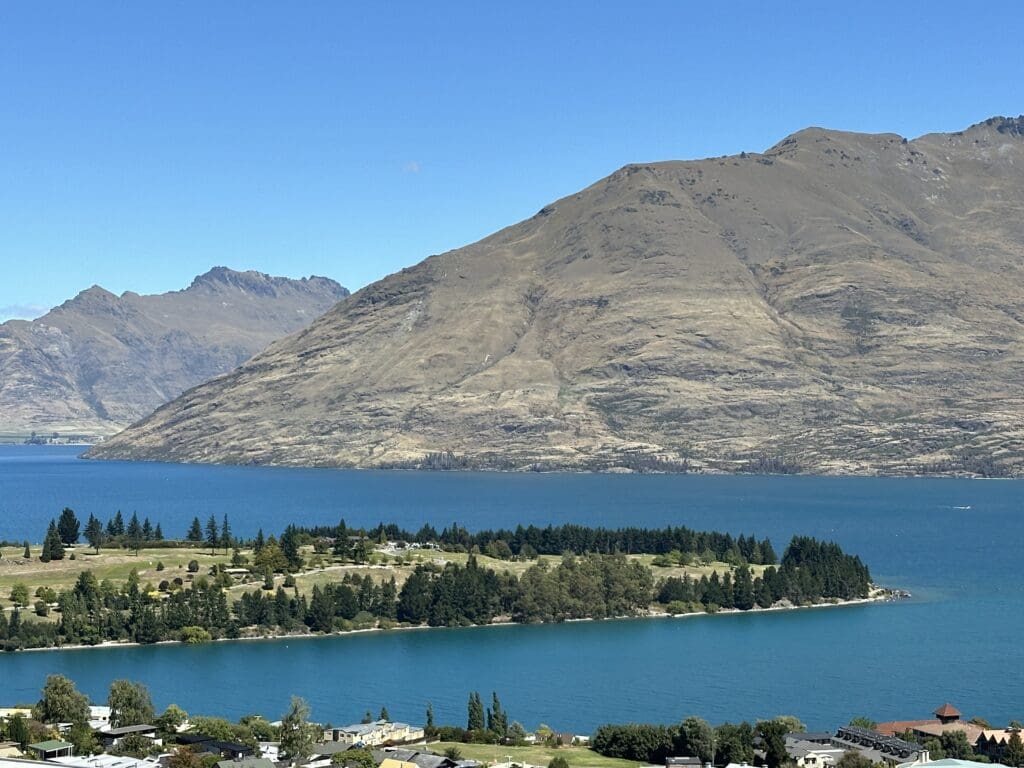
Americans are already started to spend less, particularly on luxury good. While I don’t think most people will give up vacations in their entirety, I think they will spend less on travel — which will, in part, include focusing on cheaper domestic trips rather than international travel.
Airlines and hotels will reduce rewards redemption rates
The last few years haven’t been great for those of us who love redeeming loyalty points for stays — it feels like every few weeks, a program is devaluing their currency. That said, if there were a recession in the U.S., I think we’ll the opposite occur: the cost of booking award travel will go down.
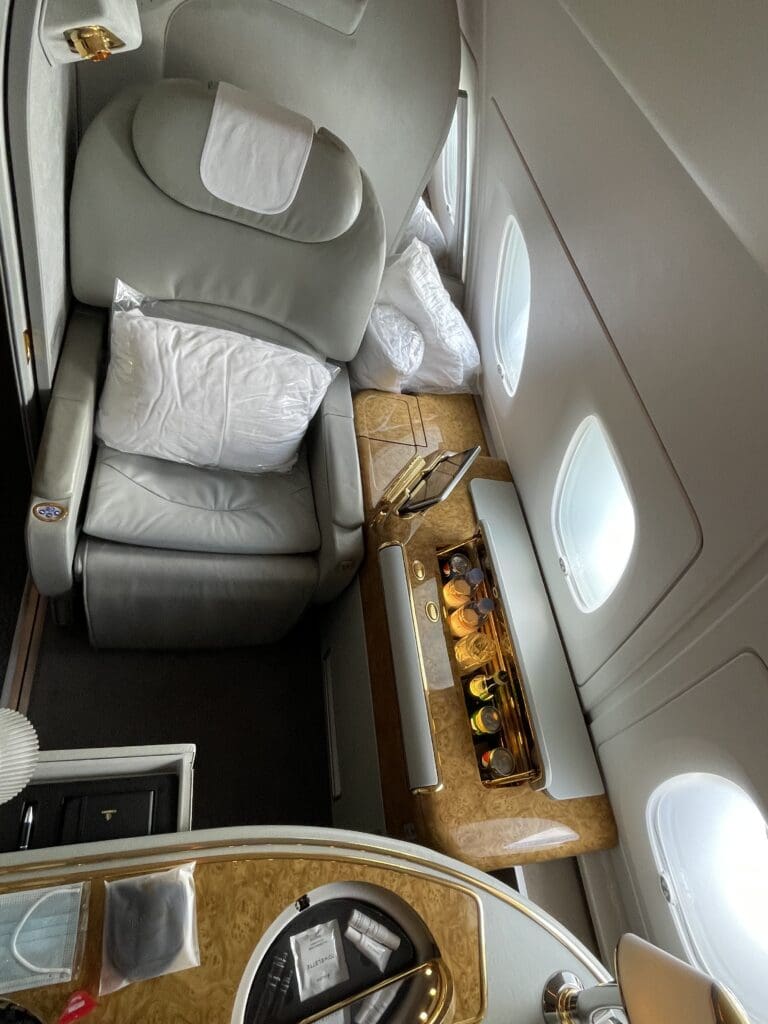
By lowering the cost of award trips, hotels will fill rooms that would otherwise be empty and will encourage spend on their co-branded credit cards.
Credit card benefits will focus less on couponing and more on increasing your overall spend on the card
Something that I’ve really disliked about the credit card points space over the last few years is how card benefits now are basically monthly or quarterly coupons. For instance, here are some “coupons” from my own credit cards that I have to try and remember:
- $5 monthly rideshare credit on my United Explorer card.
- $20 monthly GrubHub benefit on my Amex Business Gold card.
- $60 quarterly Hilton credit on my Hilton Honors Amex Business card.
- $50 quarterly Hilton credit on my Amex Business Platinum card.
- $10 monthly Instacart credit on my United Explorer card.
- $50 quarterly airline credit on my Hilton Honors Amex Aspire card.
- $200 semi-annual Dell credit on my Amex Business Platinum card.
- And more.
While these are all great benefits if you can keep track of them, the difficult is in keeping track of them (which, I’d argue, is a feature and not a bug — credit card companies can brag about the benefits offered, saying the benefits are worth more than the annual fee, knowing full well that most people won’t keep track and will miss out on the full benefits).
That said, during a recession the credit card companies will be fighting for every piece of a smaller pie, and will instead focus on offering benefits that get you to put every dollar on their card — for instance, I wouldn’t be surprised if the Hilton Honors Amex Aspire card added back their benefit where cardholders get a free award night after spending $15,000 on the card.
The cost of plane tickets and hotels will go down, except for luxury offerings
With the overall demand for travel going down, I think prices on plane tickets and hotels will also decrease. People will simply be willing to spend less on travel and airlines and hotels will adjust — mostly.
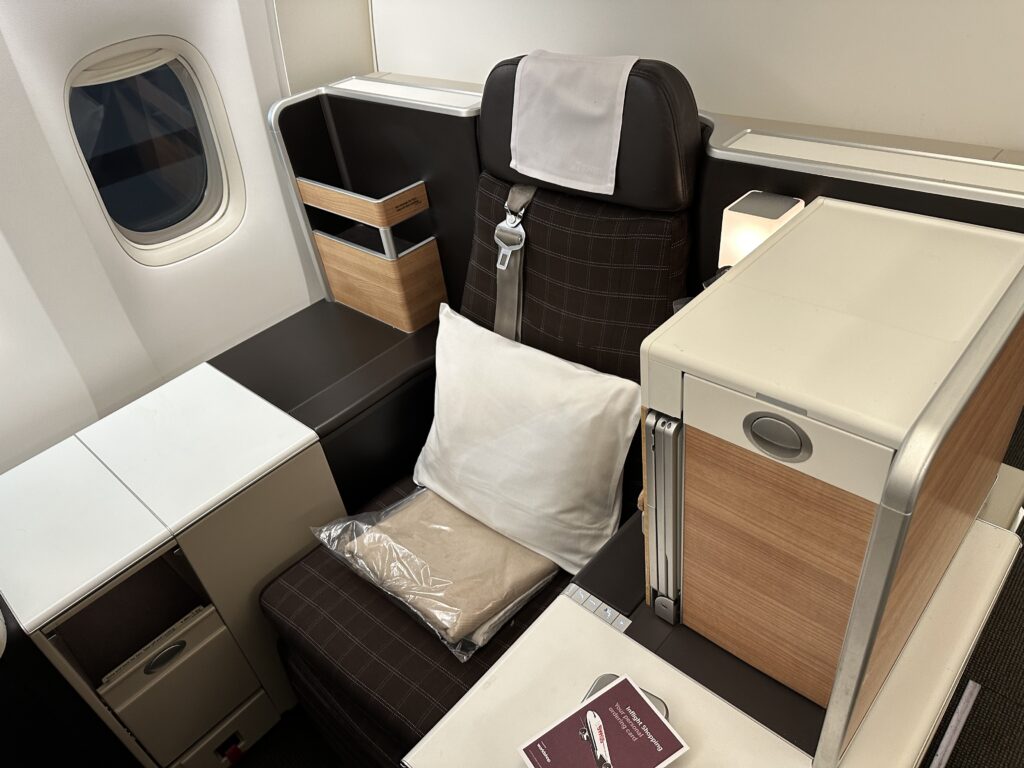
Generally speaking, those spending cash for business/first class tickets and high-end resorts like Six Senses, Waldorf Astoria, St. Regis, or Park Hyatt will still be willing and able to spend, and I think those prices will remain the same (but not rise) during the recession.
Bottom line
While I hope the U.S. avoids a recession, I think that there are some changes in the travel space that will come along with a recession, including: elite status that’s easier to earn, lower annual fees for many credit cards, a change in credit card benefits to incentivize cardholders to put as much spend as possible on their card, and flight/hotel rewards costing less.
What are your thoughts on what will happen in the travel industry if the U.S. enters into a recession? Let me know in the comments.
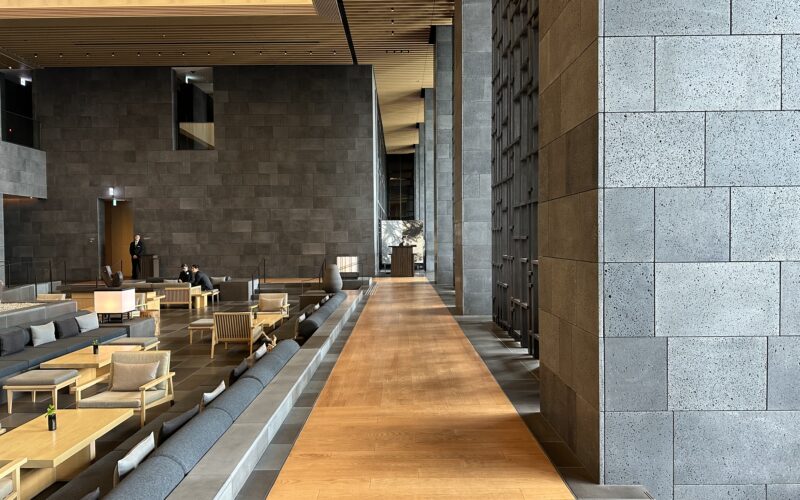
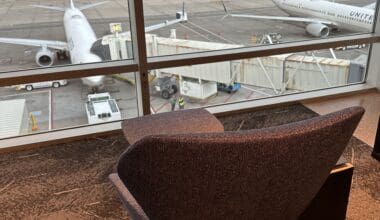
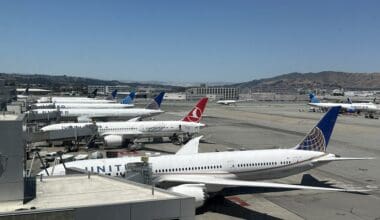
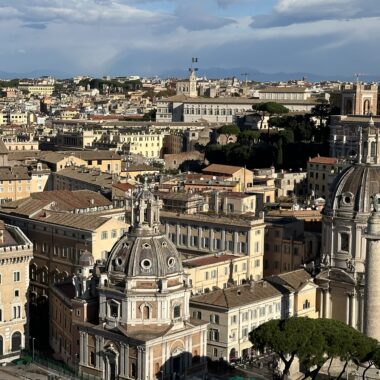
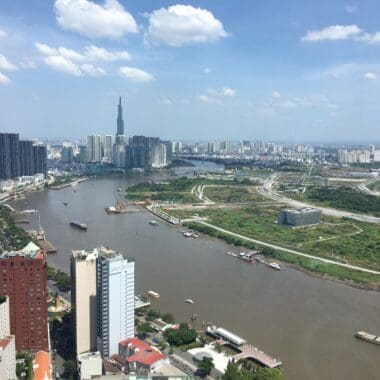
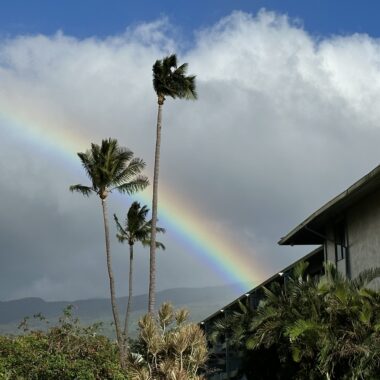


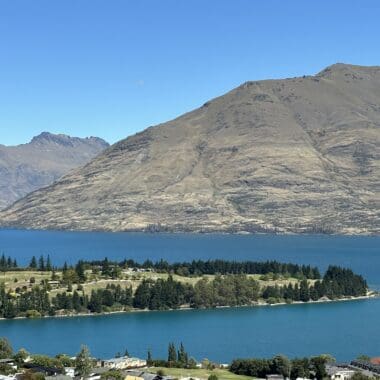
4 comments
America is short sighted so long term strategy is impossible. One possible reason for high tariffs is to fight against unfair trade practices of other countries. However, in America, we must act fast to avoid the next election. Having slow but long term targeted tariff increases is impossible.
America is somewhat unstable in that neither party manages the economy well so there keeps being changes from one party to the other then back. In contrasts, Singapore does not have central planning, which has problems, but manages its economy well. In 1965, it was a poor country, equivalent to Malaysia. Now, Singapore is far richer and richer than America. The reason its not a superpower is that it only has 5 million people.
very nice analysis Josh!
Never visited your blog before…good timing.
I was thinking about this earlier today. It will be easier to find business class on points.
Yeah! ANA!
ANA? I flew them business class last month trans pacific round trip (paid cash). Out bound in the old business class and inbound in the new ANA The Room business class. I was excited to finally fly the famous ANA Business Class. Was disappointed with both flights.
The old business class seats are totally outdated and inferior to their competitors.
I was disappointed with their new business class seats for the following reasons:
1. Lots of wear and tear. It’s not old, but it looked like it has been around for a long time and not in as good condition as it’ competitors. I attribute this to the choice of materials that they used that is more easily scratched and worn out.
2. The seat was massive, but there was almost no storage to put any of my stuff (phone, cables, earphones etc). In that entire huge suite there was only one narrow cabinet in the front area (away from the seat) that was not very practical to store things in. There is so much room in the seating area and why they didn’t add storage compartments like all of its competitors surprised me.
3. The seat itself while huge was not that comfortable.
4. The meal service was just OK.
Because of this experience, I will definitely choose to fly its competitors who provide a more comfortable experience for me.
Tariffs are a long-term strategy that will hurt in the short term. We ruled the world until 1973 when we did away with Tariffs but the pain will be real for a while.
I agree with much of what you say. I think award fees will go up to try and help the bottom line of airlines and hotels. I think places like Mexico may suffer tourism problems if they continue policies like their misguided limits on electronic devices and retaliatory Tariffs, visa fees, etc. I think cruise lines will suffer, they are just starting to rebound after the massive debt they incurred during covid and an economic downturn may result in them either pricing themselves out of business or trying to price war fares to rates that they can sustain.